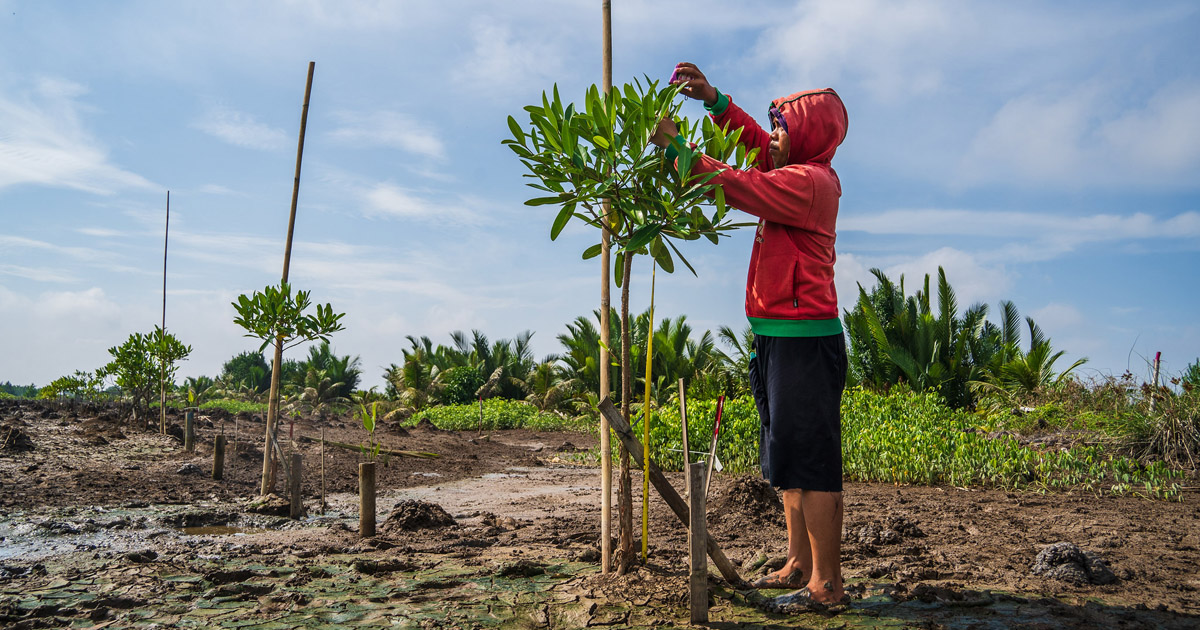Climate smart agriculture adoption and climate change adaptation strategies
Developing agroforestry product value chains for landscape and livelihoods resilience: Insights from a multi-chain approach in Eastern Province, Rwanda
Rwanda's Eastern Province is subject to prolonged dry spells, exacerbated by climate change. Agroforestry and silvopastoral practices can increase the resilience of land use and livelihood systems. For broad-based planting of trees on farms, smallholder farmers need economic incentives in addition to the prospective use of tree-based products for household consumption. Developing value chains of agroforestry products can provide such incentives through value adding and upgrading processes and products, with smallholders organised in cooperatives as a prerequisite for their successful engagement in value chains. Within the framework of the Transforming Eastern Province through Adaptation (TREPA) project, a multi-chain approach allows farmer cooperatives to assume a pivotal role in developing agroforestry product value chains based on the following steps: 1) Rapid market appraisal for promising agroforestry products; 2) Prioritisation of value chains for value adding and upgrading; 3) Enterprise survey to identify cooperatives and other small and medium enterprises (SMEs) engaged in the targeted value chains; 4) Capacity needs assessments among the enterprises identified; and 5) Capacity building for climate-resilient agribusiness development involving cooperatives and other SMEs.
The multi-chain approach led to the prioritisation of three types of value chains, namely tree crops, bee products, and fodder. For each chain, we assessed business capacities and skills among cooperatives and other SMEs operating in Eastern Province, and identified gender- and age-differentiated employment and income opportunities along the value chain nodes. Out of a total of 248 cooperatives and SMEs, 101 were found to have a minimum set of business assets and skills for upgrading to the next level. We developed a tailored capacity building program, including the facilitation of business plans, training on quality production and value adding, and investments in machinery and equipment. Access to client-specific climate and market information is facilitated through digital tools. Contacts with service providers were brokered for customized technical assistance, business development support, and access to innovative financial products. The approach and the results achieved to date are relevant for other programmes seeking to strengthen landscape and livelihoods resilience by developing portfolios of agroforestry value chains in support of diversified land use and livelihood strategies.














